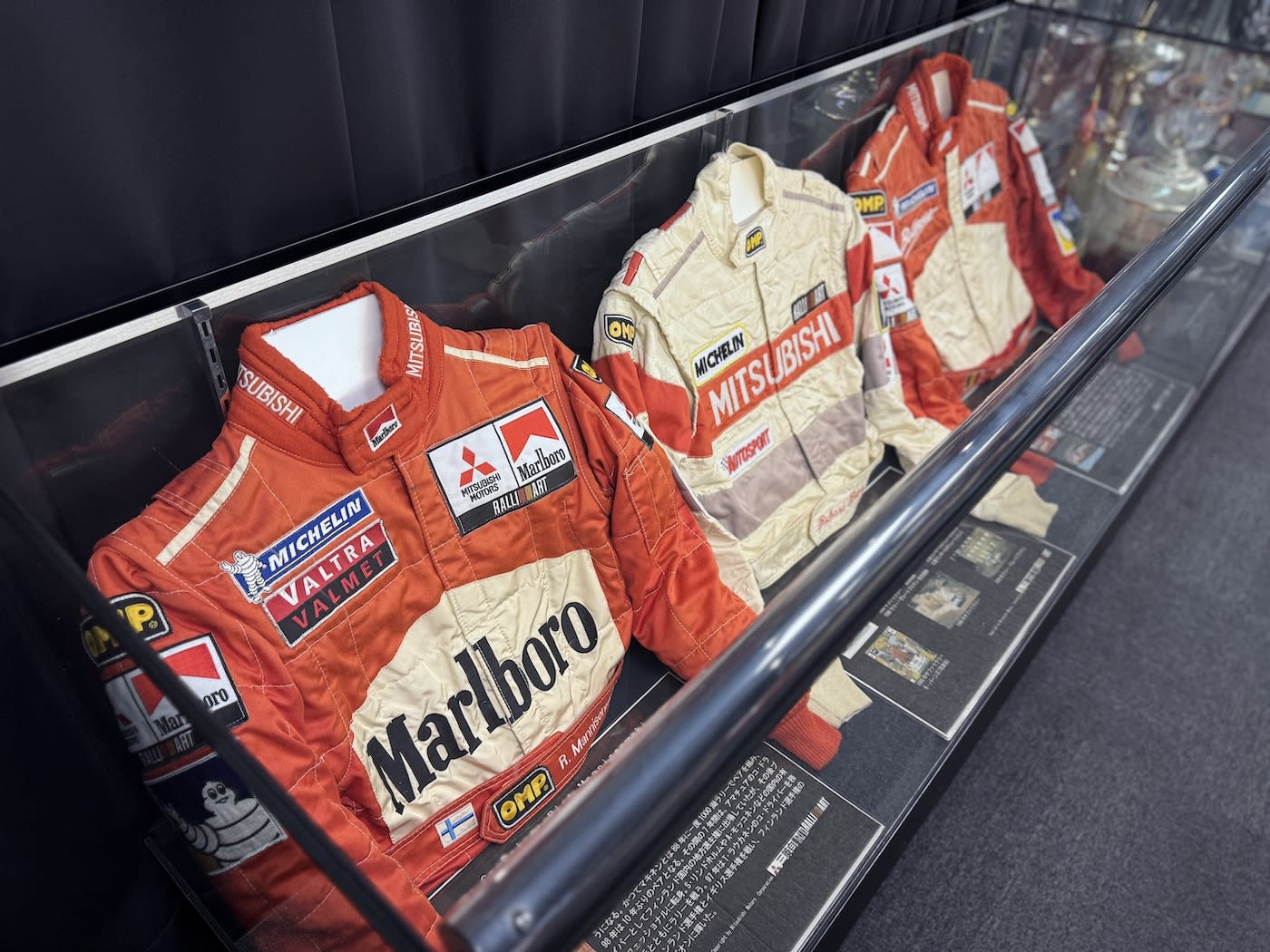Corvette C7 ZR1 Melts Its Own Tail Panel During Record 173 MPH Run at Big Bend Open Road Race
John Anhalt’s heavily modified 2019 Corvette C7 ZR1 literally melted its own rear end due to sustained high-speed heat exposure while shattering the speed record at the Big Bend Open Road Race in Texas. Anhalt and co-pilot Kelli Hughes achieved a two-way average speed of 173.004 MPH over the 118-mile course, beating the previous record by 17 MPH. This extreme performance from the 1,000+ HP monster resulted in the car earning the nickname, “Toasted Marshmallow,” and highlights the immense mechanical stress of high-speed endurance competition. This incident is completely unrelated to the separate GM recall of 23,000 C8 Corvettes for a design flaw that risked fire due to cooling fans redirecting fuel vapors.





Record Shattered: 1,000+ HP on a Public Highway
Anhalt’s record run at the Big Bend Open Road Race was a testament to raw power and mechanical endurance.
- Record Set: A two-way average speed of 173.004 MPH was posted over the 118-mile course.
- Previous Record: The new speed is 17 MPH faster than the current record, held since 2013.
- The Car: A heavily modified 2019 Corvette ZR1, which came from the factory with a 755-horsepower LT5 supercharged V-8 engine.
- Extreme Modification: Anhalt’s upgrades, including modifications to the cylinder heads, supercharger, and exhaust system, pushed the motor’s output to north of 1,000 hp.
- Sustained Speed: The straight-piped exhaust allowed the Corvette to run at 200 mph for most of the 41-minute timed run.





The Damage: A Literal Melted Rear End
The pursuit of speed came with dramatic consequences for the car’s bodywork.
- Mechanical Stress: The sustained heat exposure and mechanical stress during the race caused the Corvette to literally melt its own tail panel.
- Nickname: The car was quickly nicknamed “Toasted Marshmallow”.
- Extreme Competition: The Big Bend Open Road Race, where this occurred, is considered one of the “most extreme and competitive speed events in America,” utilizing a 59-mile stretch of Highway 285 in Texas.





C8 Recall: An Unrelated Factory Flaw
This dramatic track failure should not be confused with a recent, unrelated factory safety recall.
- C8 Fire Risk: GM voluntarily recalled over 23,000 units of the 2023 to 2026 C8 Corvette Z06 and the 2025 to 2026 Corvette ZR1.
- Cause: The C8 fire risk is caused by a design flaw where cooling fans could direct fuel vapors or spilled fuel toward the hot engine, increasing fire risk.
- Contrasting Issues: While the C8 recall addresses a failure in factory design and safety, the C7 ZR1’s damage was a result of running the car at “max effort for nearly an hour”.






Final Thoughts
The incident serves as a unique testament to the mechanical limits of even a modified supercar. While the high-strung nature of the Corvette ZR1 proved too much for its own bodywork in the pursuit of a record, the spirit of pushing those limits is, in the mind of the enthusiast, “a risk worth taking”. The spectacular failure underscores the brutal nature of high-speed endurance and the sheer power of the 1,000+ HP C7 ZR1 platform.
Also Read – Nissan Skyline 400R Limited: 400 HP Twin-Turbo V6 Sedan Hints at Future Infiniti Q50




Pingback: Toyota Land Cruiser FJ60 Gets 389-HP Tundra Turbo V6 Swap For SEMA: Turbo Trail Cruiser Revealed - Mechhelp